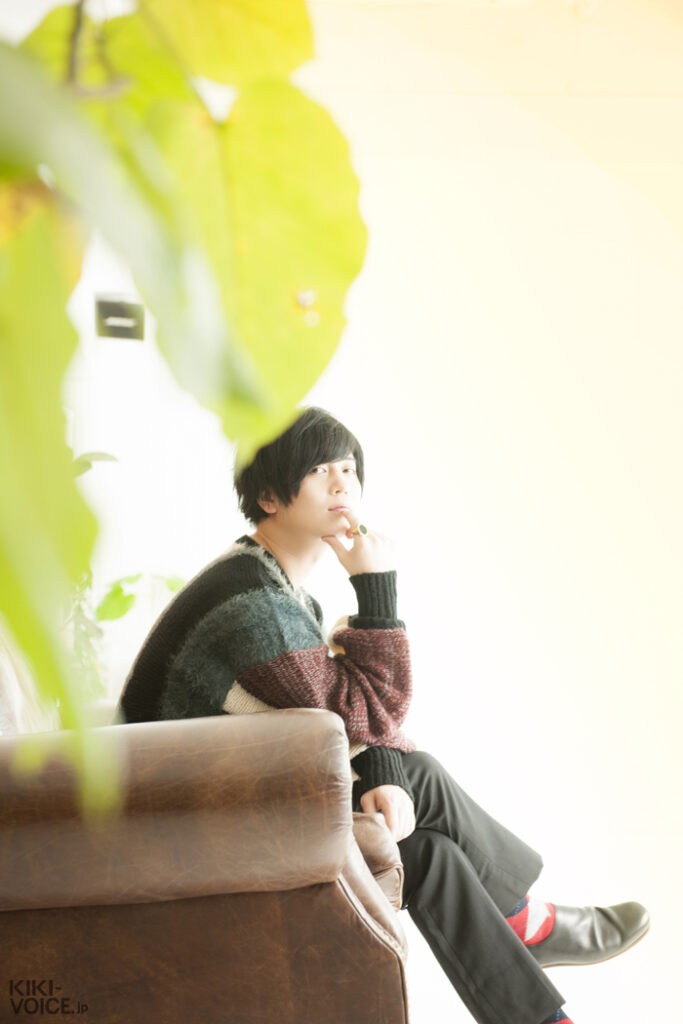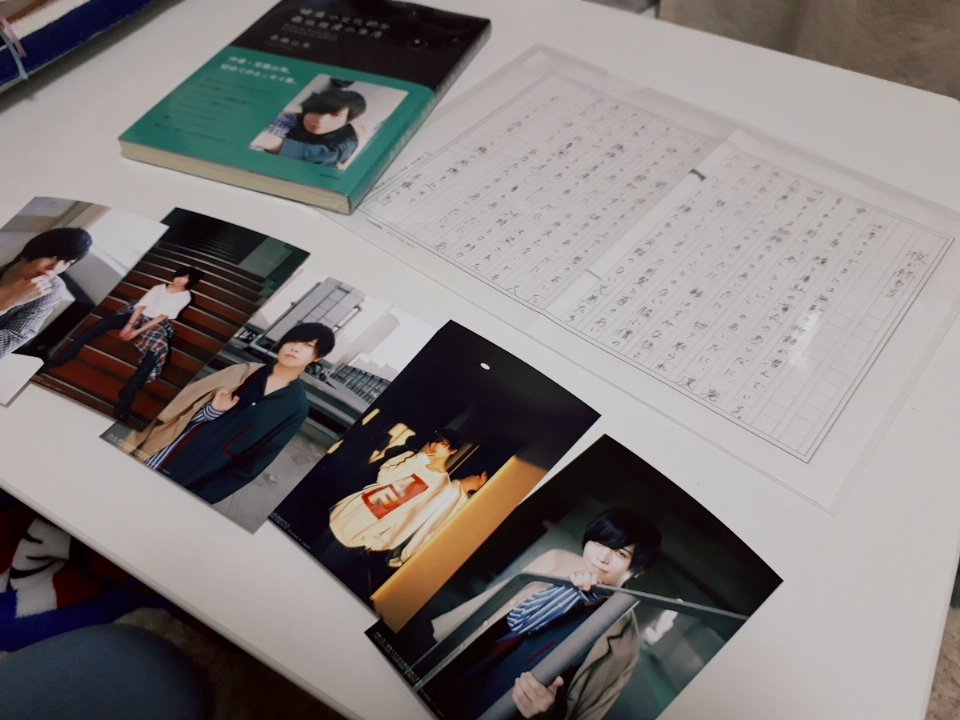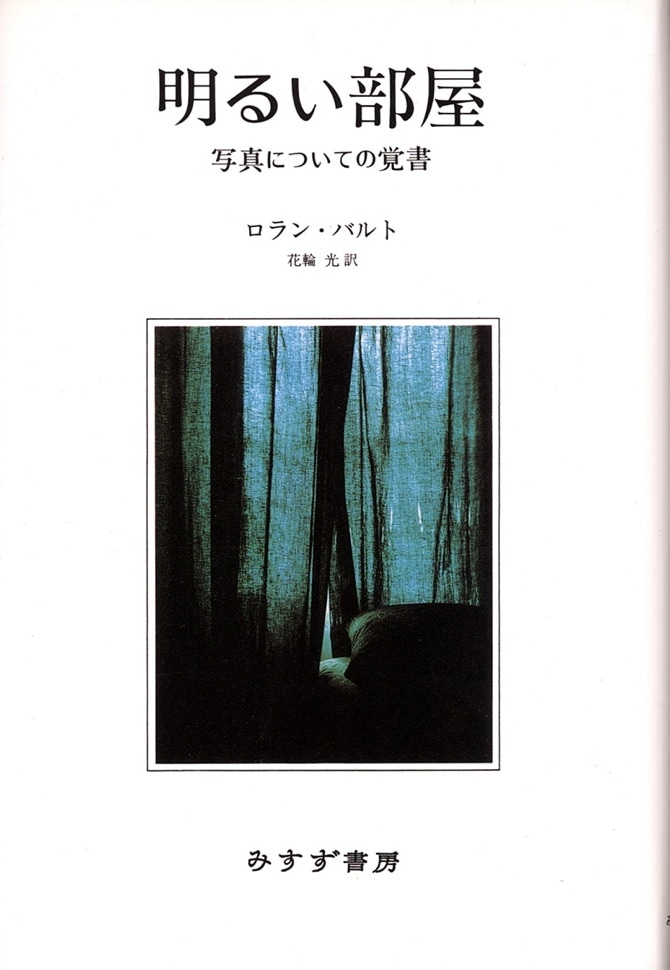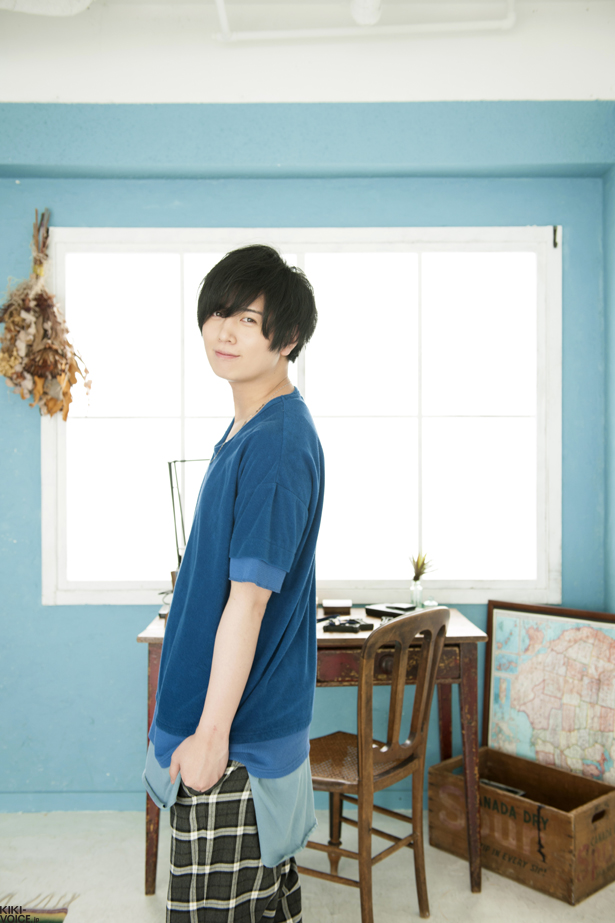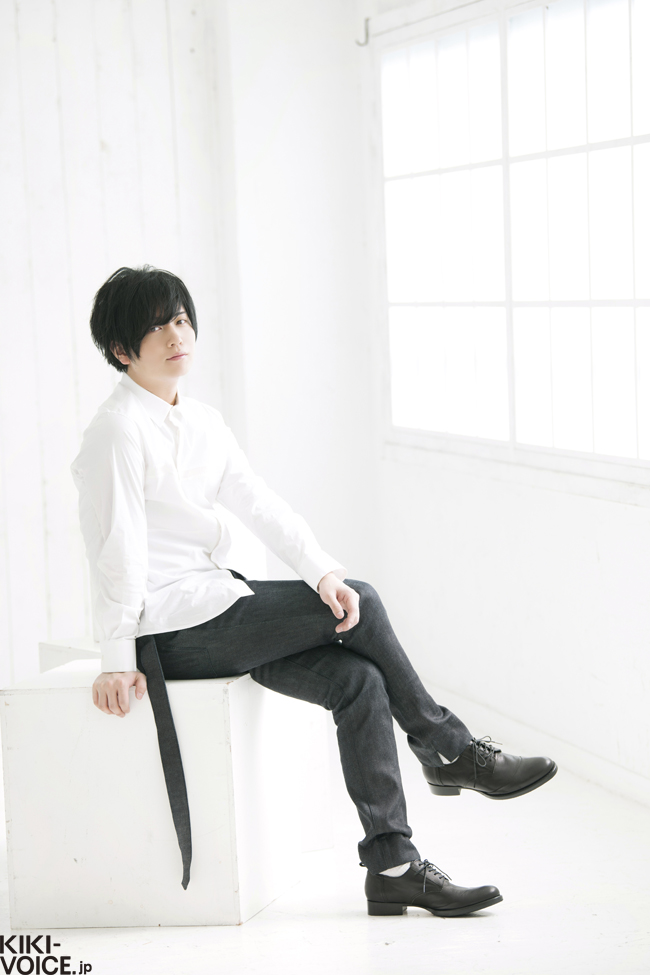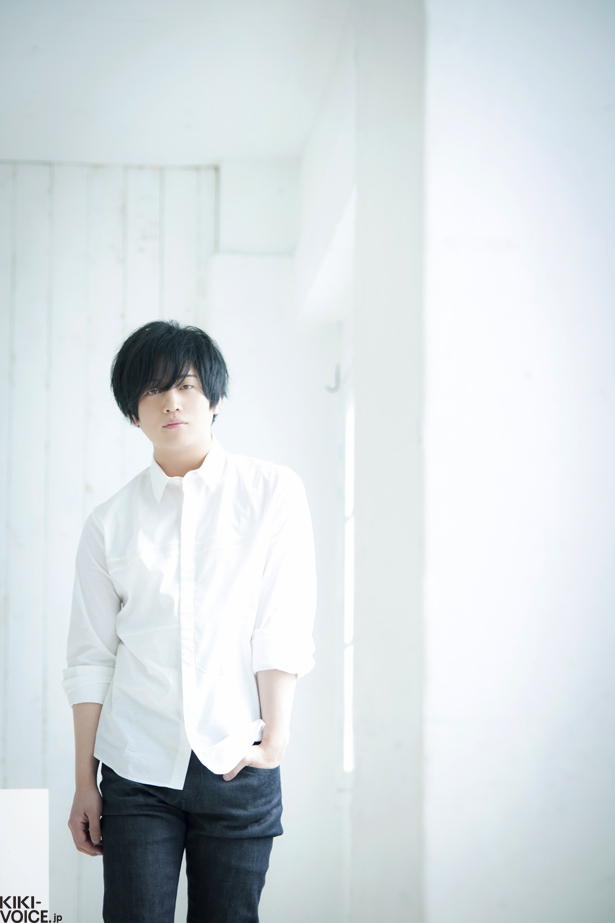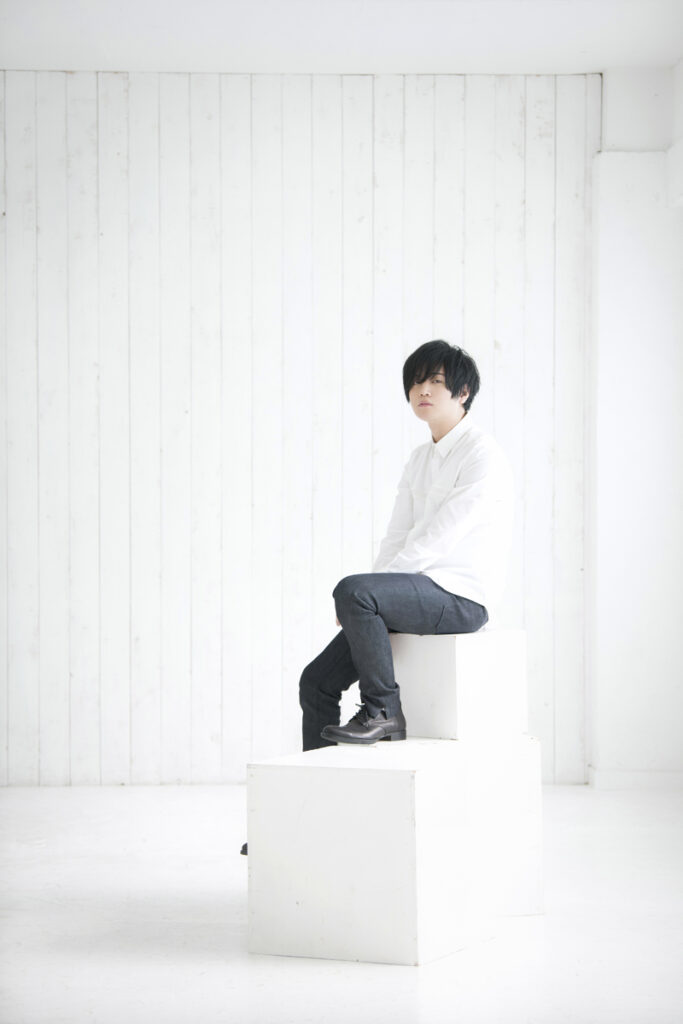Published: 2018/8/10
Original URL: https://kiki-voice.jp/journal/454
※This essay contains a bonus image that can be seen at the original URL above, past the paywall (KIKI-VOICE subscription required).
※This essay was also published in the book compilation of Saito Soma no Kenkou de Bunkateki na Saitei Gendo no Seikatsu.
When they’re distributing lunch at school and someone is absent, that’s when the war for the leftover milk begins.
Not to brag, but I was an extremely active young boy up until elementary school. I was the type of kid who would take the initiative to start a game of dodgeball during recess. I ate my school lunches heartily too, and I always participated in rock-paper-scissors battles for extra food.
My favourite part was the milk—I loved chugging down that cold, smooth, white substance, emptying the bottle in one go. I assume everyone in my class recognized me as “the hero who averages two bottles.”
Even at home, I often got scolded by my parents because I’d drink milk straight from the carton at every opportunity. On average, I probably drank over a litre of milk every day—casually. I liked flavoured milk too. Coffee milk, fruit milk, banana juice, melon milk; I’d gulp down anything that caught my eye.
So naturally, my fridge at home is always stocked with milk. However, recently—to be precise, in the past half year—something’s been very wrong. When I drink milk, there’s about a 100% chance that my bowels can’t handle it. I’m sure some of you are wondering why I’m writing about this in a public-facing essay, but this is a grave situation for a milk lover like me. I did hear before that Japanese people aren’t very good at digesting milk, and even in my own family, my father didn’t like milk for that reason. But still, what on earth happened to the young Saito who everyone acknowledged as a milk boy?
My research led me to a depressing reality. As I wrote earlier, it would appear that many Japanese people are poor at decomposing “lactose,” a component of milk. Additionally, the enzyme that does this, “lactase,” decreases as you grow up. The gist of it is that it’s secreted when you’re a baby so that you can absorb nutrients from your mother’s milk, but production is reduced when that’s no longer necessary. This is only one theory, of course, since studies are still ongoing. I can’t present definite proof here, but it certainly does feel like my milk tolerance has weakened compared to when I was a child.
When I was in third grade, I suddenly broke out into hives after eating my favourite food, karaage. “Ah, love is such a sorrowful thing,” I thought, and the sorrow I feel right now is by no means inferior.
That said, it’s not that I can’t drink it at all. As long as I can still drink it in small amounts, maintaining an appropriate distance, I should be able to continue my relationship with the milk girls.
As I wrote this, I arrived at my usual cafe. I often stop by here between jobs, and I order the same drink every time. I’ll be ordering that today too, of course.
“Excuse me, could I get cold milk?”
I can’t help that I like it.
